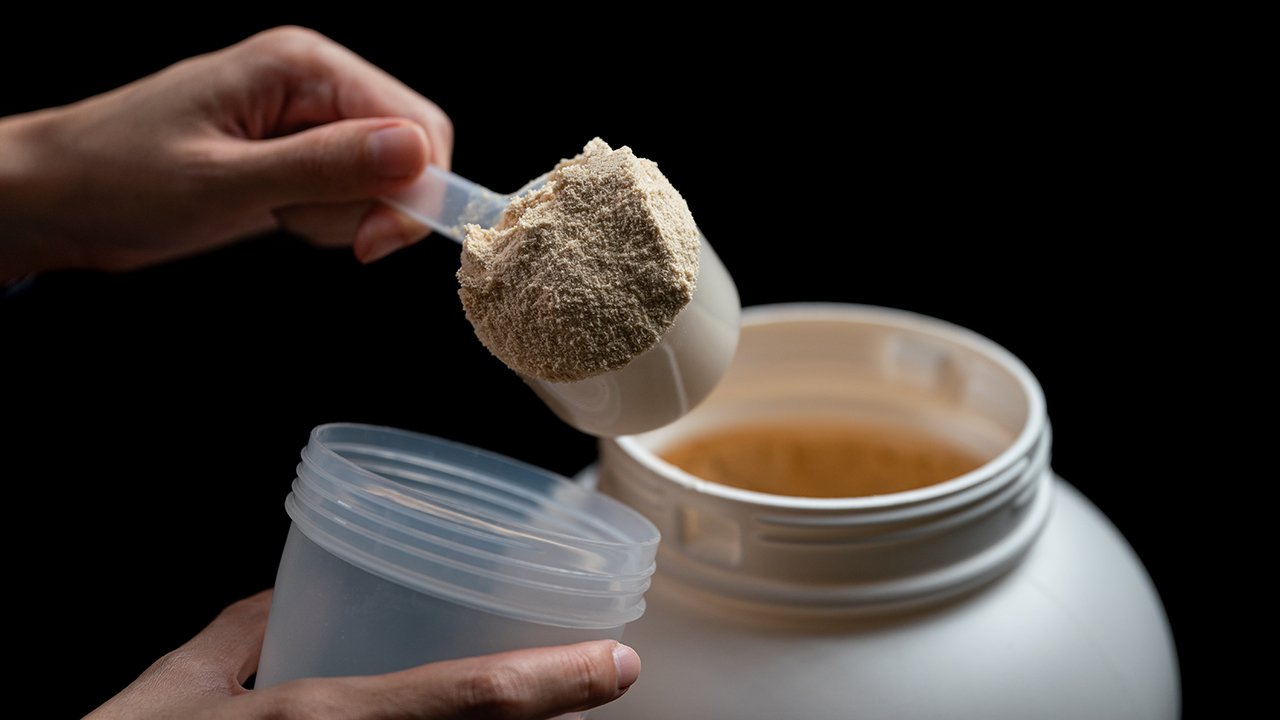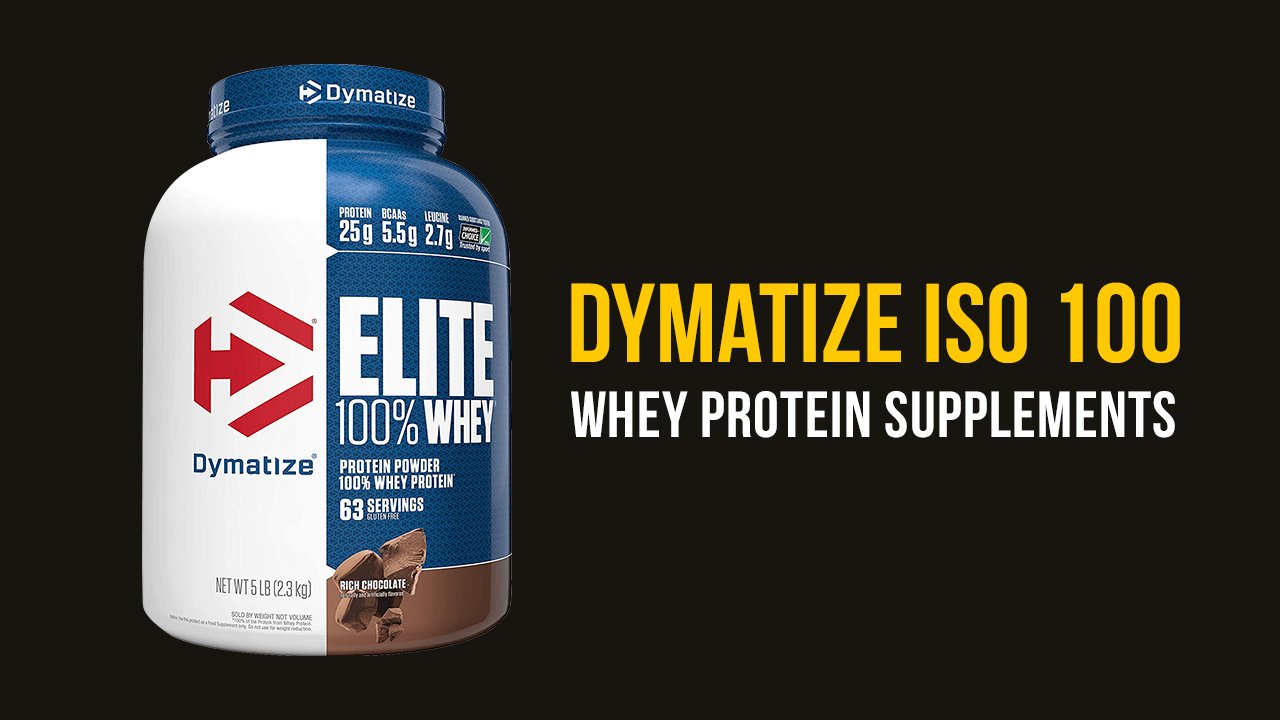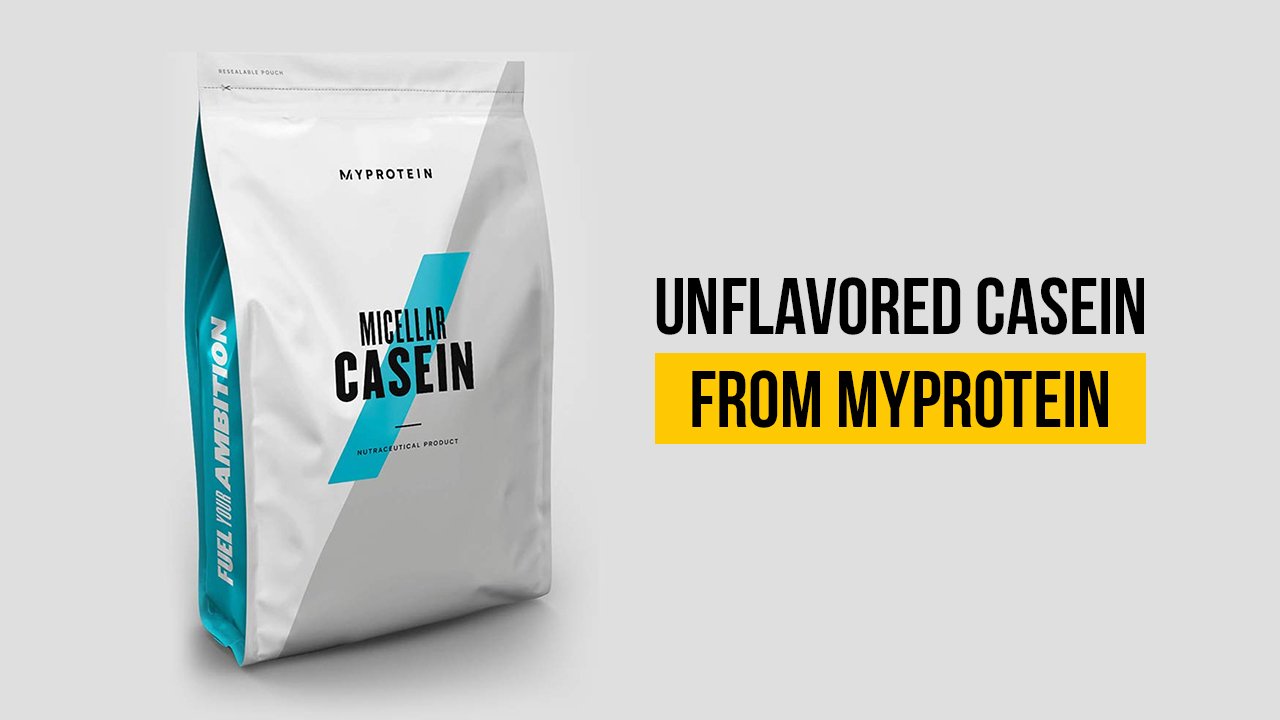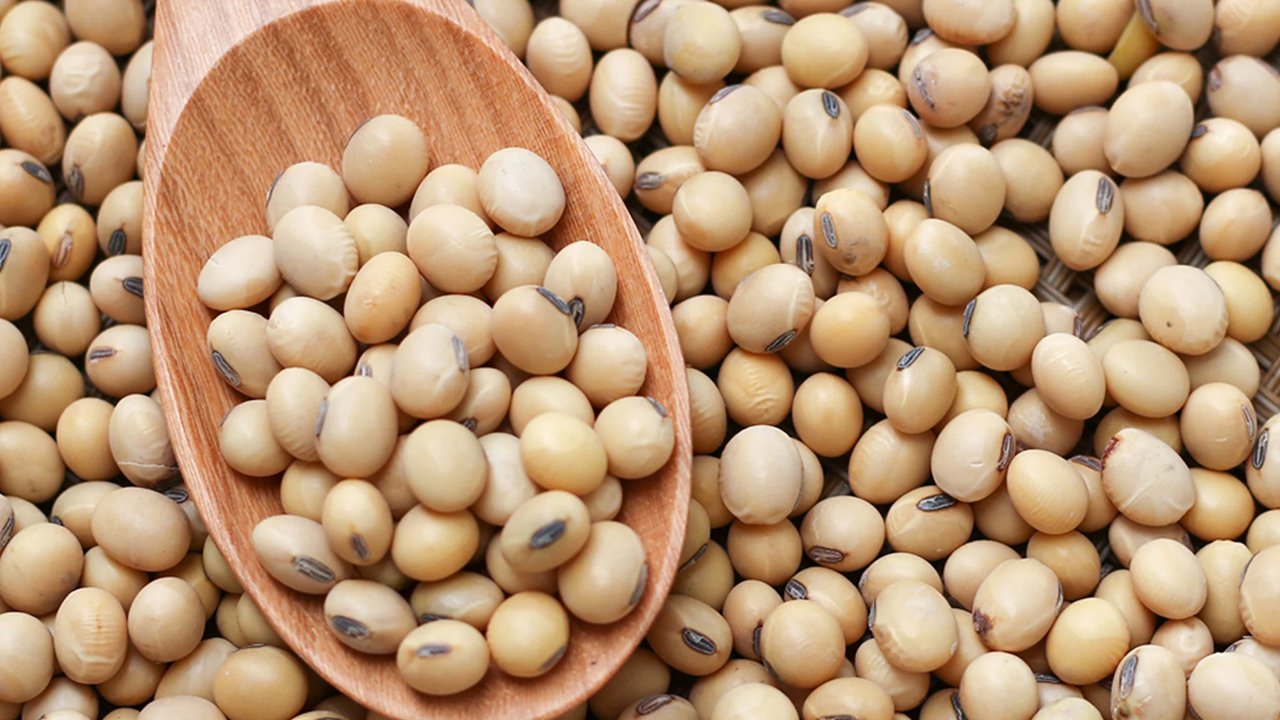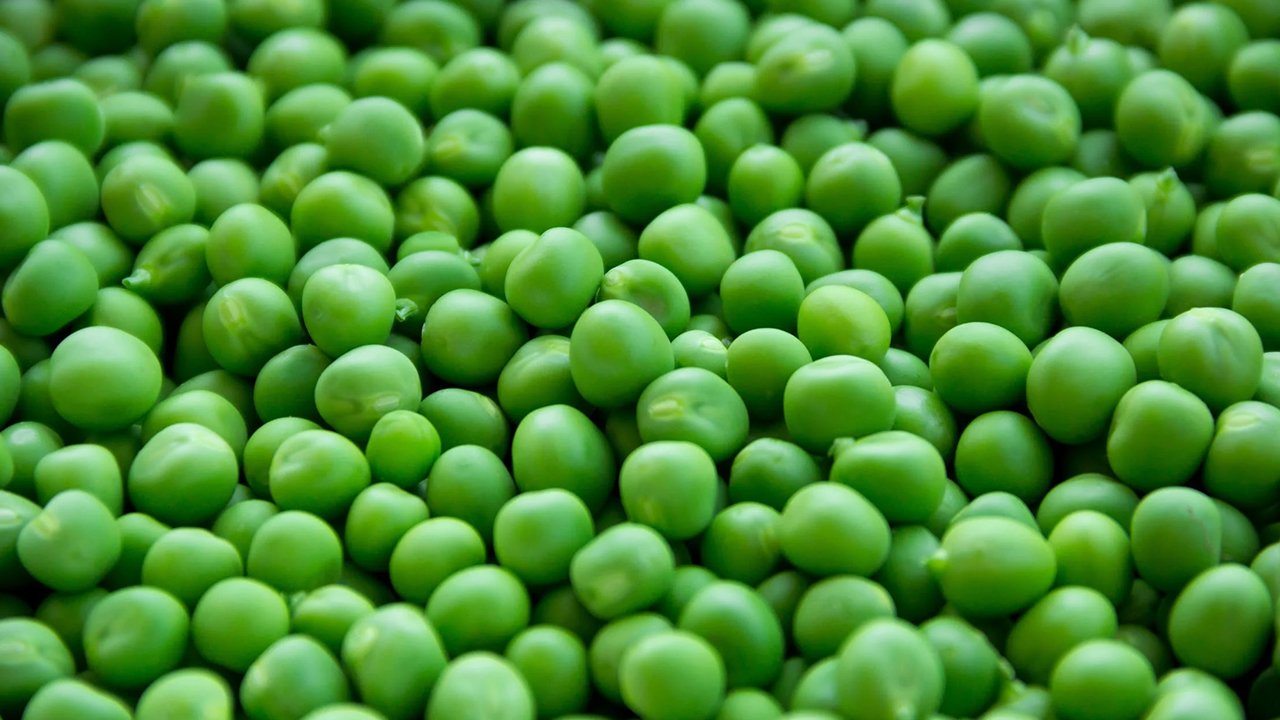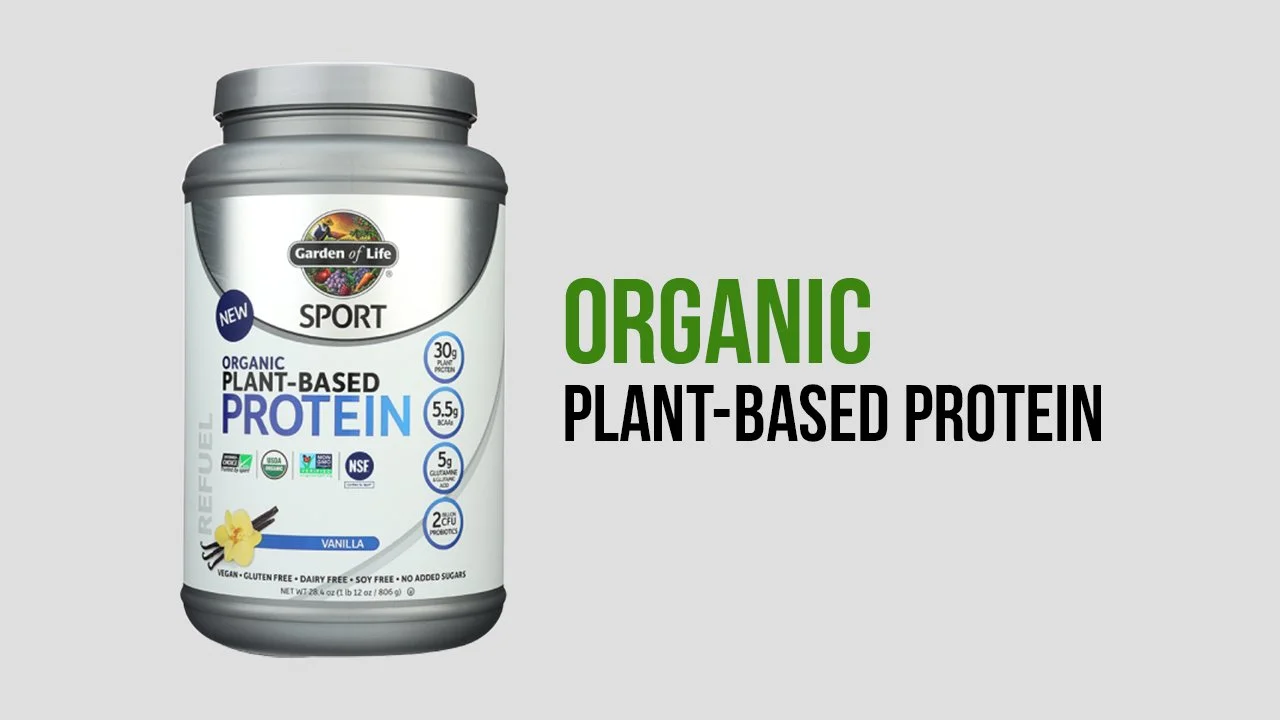Protein Powders: Your Ultimate Guide
Protein Powders: Your Ultimate Guide to Fueling Fitness Goals
Protein powders have become a popular supplement for fitness enthusiasts and health-conscious individuals alike. With a wide variety of options available, it's essential to understand their benefits, potential side effects, and how to choose the right one for your needs.
This comprehensive guide will explore protein powders, exploring different types, their advantages, and potential drawbacks. We'll also provide expert tips on selecting the ideal protein shake to support your fitness journey, whether you aim to build muscle, lose weight, or maintain a healthy lifestyle.
Finally, we'll address common questions and concerns about protein supplementation, offering clarity and guidance to help you make informed decisions. From whey protein to vegan options, we'll cover it all.
Blog Outline
The Vital Role of Protein in Your Body
Protein isn't just for building muscles; it's a fundamental component of every cell in your body. From your hair and nails to your enzymes and hormones, protein plays a diverse and essential role in keeping you healthy and functioning optimally.
-
Structure and Support: Forming the framework for your tissues, including muscles, skin, hair, and nails.
Biochemical Reactions: Acting as enzymes that facilitate countless chemical reactions within your body.
Hormone Production: Regulating various bodily functions through the production of hormones.
Immune Function: Supporting your immune system to fight off infections and diseases.
Energy Production: Providing a source of energy when carbohydrates and fats are depleted.
A consistent supply of protein is crucial for maintaining these vital functions. While whole foods like meat, dairy, and legumes are excellent sources, protein powders can offer a convenient and effective way to supplement your intake, especially when dietary sources fall short.
What is Protein Powder?
Protein powder is a convenient and concentrated source of protein derived from various sources, including whey (milk), soy, peas, or hemp. It's a powdered form of protein, a complex molecule made up of amino acids, the building blocks of our body's tissues.
Creating protein powder involves isolating protein from its source and processing it into a fine powder. This powder can be easily mixed with water, milk, or other liquids to create a protein shake. It's a popular way to supplement your diet and ensure you're meeting your daily protein requirements, especially if you have a busy lifestyle or struggle to consume enough protein-rich foods.
Whey Protein: The Gold Standard for Muscle Building
Whey protein derived from milk is a popular choice among fitness enthusiasts and athletes. It's a complete protein, providing all nine essential amino acids your body needs but can't produce independently. These amino acids are crucial for muscle repair and growth, making whey protein a go-to for optimizing workouts and recovery.
-
Rich in BCAAs: Whey protein is packed with branched-chain amino acids (BCAAs), which play a key role in stimulating muscle protein synthesis.
Easy on Digestion: It's easily digestible and boasts high bioavailability, ensuring your body efficiently absorbs and utilizes the protein.
Rapid Absorption: Whey protein is quickly absorbed, making it an ideal post-workout option to kickstart muscle recovery.
-
You'll find three main types of whey protein on the market:
Whey Protein Concentrate (WPC): The least processed form, containing some lactose and fat.
Whey Protein Isolate (WPI): This is further processed to remove most fat and lactose, making it suitable for those with sensitivities.
Whey Protein Hydrolysate (WPH): The most processed form, where the protein is broken down into smaller peptides for even faster absorption.
-
All three types are effective for muscle protein synthesis. The best choice for you depends on your individual needs and preferences. If you're lactose intolerant, opt for WPI or WPH. Otherwise, any three can be a valuable addition to your fitness regimen.
-
Complete Protein: A complete protein contains all nine essential amino acids, crucial for various bodily functions, including muscle building.
Amino Acids: These are the building blocks of protein. When you consume protein, your body breaks it down into amino acids, which are then used for various purposes, including muscle repair and growth.
Muscle Protein Synthesis: This is the process of building and repairing muscle tissue, essential for anyone looking to increase muscle mass or maintain muscle health.
My Personal Recommendation: Dymatize Iso 100
While there are countless protein powders available, one that my clients and I consistently enjoy is Dymatize Iso 100, particularly the vanilla flavor. It's a whey protein isolate, meaning it's highly refined and easily digestible, making it a great option for those with lactose sensitivities.
-
Serving Size: 30 grams
Calories: 110
Protein: 25 grams
Sugars: Less than 1 gram
It's important to note that this is just one option among many excellent protein powders on the market. Your best choice will depend on your needs, preferences, and dietary restrictions. However, Dymatize Iso 100 is a reliable and delicious option that I can vouch for.
Casein Protein: The Slow-Release Muscle Builder
Casein, another member of the milk protein family, is a complete protein renowned for its slow digestion rate. With a whopping 90% protein content and minimal fat or carbs, it's an excellent choice for those seeking sustained protein release throughout the night.
-
Slow Digestion: Casein takes longer to break down in your body than whey protein, providing a steady stream of amino acids to your muscles for hours.
Promotes Satiety: Its slow digestion also helps you feel fuller for longer, making it an ideal pre-bedtime snack.
Muscle Preservation: Research suggests that consuming casein before bed can help reduce muscle protein breakdown during sleep, promoting muscle maintenance and growth.
-
A study published in Nutrients demonstrated that consuming casein protein before bed did not hinder fat burning, further supporting its potential benefits for improving body composition.
-
For a high-quality casein protein supplement, consider Unflavored Casein from MyProtein. It offers a pure and versatile option to support your muscle-building and recovery goals.
My Top Pick: Unflavored Casein from MyProtein
While many casein protein options are available, my favorite is the Unflavored Casein from MyProtein. Its pure, unflavored nature allows for versatility in mixing it with various foods or beverages, and it boasts an impressive nutritional profile:
Serving Size: 30 grams
Calories: 105
Protein: 25 grams
Sugars: 1.4 grams
This makes it an excellent choice for a pre-bedtime snack or anytime you need a slow-release protein source to support muscle recovery and keep you feeling full.
Soy Protein: A Complete Plant-Based Powerhouse
Soy protein, derived from soybeans, is a shining example of a complete plant-based protein. It delivers all nine essential amino acids your body needs. Still, it can't be produced on its own, making it an excellent choice for vegans, vegetarians, or anyone seeking to diversify their protein sources.
But soy protein's benefits extend beyond just muscle building. It's also a nutritional powerhouse, offering:
Fiber: Promotes digestive health and helps regulate blood sugar levels.
Magnesium and Potassium: Essential minerals that support various bodily functions, including muscle and nerve function, blood pressure regulation, and bone health.
Phytochemicals: These naturally occurring compounds in soy have been linked to various health benefits, including reduced risk of certain cancers and improved heart health.
Research suggests that incorporating soy protein into a balanced diet can lower cholesterol levels and reduce the risk of heart disease.
Pea Protein: A Lean, Green Protein Machine
Pea protein, derived from yellow peas, is a fantastic option for those seeking a plant-based protein source. It boasts high bioavailability, meaning your body can readily absorb and utilize its amino acids for muscle building and repair. It's also naturally low in carbohydrates and fat, making it an excellent choice for individuals aiming to manage their weight or blood sugar levels.
While pea protein is considered a complete protein, it's worth noting that it's relatively low in one essential amino acid: methionine. However, this can be quickly addressed by incorporating other methionine-rich foods into your diet, such as fish, poultry, eggs, meat, or even brown rice.
-
Complete Protein Source: Provides all nine essential amino acids.
High Bioavailability: Easily digested and absorbed by the body.
Low in Carbs and Fat: Suitable for weight management and blood sugar control.
Hypoallergenic: A great option for those with allergies or sensitivities to dairy or soy.
Environmentally Friendly: Peas are a sustainable crop with a low environmental impact.
Remember: Combining pea protein with other plant-based protein sources or methionine-rich foods can help you achieve a well-rounded amino acid profile and support your overall health and fitness goals.
Hemp Protein: A Nutritional Powerhouse for Heart Health and More
Derived from hemp seeds, hemp protein is a complete protein source, offering all nine essential amino acids your body needs. It's also packed with fiber, magnesium, potassium, and omega fatty acids, making it a nutritional powerhouse for overall health and well-being.
Research suggests that incorporating hemp protein into a balanced diet may contribute to lowering cholesterol levels and reducing heart disease risk. Its rich nutrient profile also supports various bodily functions, including:
Omega-3 and Omega-6 Fatty Acids: These essential fats promote heart health, brain function, and a healthy inflammatory response.
Fiber: Aids digestion, regulates blood sugar levels and contributes to feelings of fullness.
Magnesium and Potassium: These minerals support muscle and nerve function, energy production, and bone health.
While hemp protein is a fantastic option for vegans and those with dairy sensitivities, it's worth noting that it's relatively low in the essential amino acid lysine. To ensure you're getting all the amino acids your body needs, consider combining hemp protein with other plant-based protein sources or incorporating lysine-rich foods into your diet.
Protein Blends: The Best of Both Worlds
Protein blends offer a convenient way to combine the benefits of different protein sources in a single supplement. They typically mix various protein powders like whey, casein, soy, pea, or hemp, providing a more diverse amino acid profile and potentially improving overall absorption and utilization.
Vegan Protein Blends:
Vegan protein blends are a fantastic option for those following a plant-based diet. They often combine pea and hemp protein, complementing each other's amino acid profiles to create a complete protein source.
My Recommendation: Garden of Life Sport Organic Plant-Based Protein Powder
This blend offers a high-quality, organic option for vegans and those seeking a clean protein supplement. It boasts an impressive nutritional profile:
Serving Size: 42 grams
Calories: 160
Protein: 30 grams
Sugars: Less than 1 gram
The Power of Protein: Essential Benefits for Your Health and Fitness
Protein isn't just for bodybuilders; it's a vital nutrient that supports numerous bodily functions, contributing to overall health and well-being.
-
Muscle Building and Maintenance: Protein provides the building blocks for muscle tissue, helping you maintain strength, improve body composition, and combat age-related muscle loss.
Weight Management: Protein promotes satiety, keeping you feeling full and satisfied, which can help reduce cravings and support weight loss or maintenance efforts.
Immune Support: Protein is essential for a robust immune system, which helps the body fight infections and diseases.
Other Vital Functions: Protein also plays a role in hormone production, enzyme activity, and other bodily processes.
To learn more about the specific protein recommendations for your needs and fitness goals, check out our comprehensive blog post: The Ultimate Protein Guide - A Resource for All Your Protein-Related Questions!
Real Food vs. Protein Supplements: Making the Right Choice
While protein powders offer a convenient way to boost your protein intake, they shouldn't replace whole foods. Real food provides a broader array of nutrients, including vitamins, minerals, and fiber, essential for optimal health.
However, protein supplements can be a valuable addition to your nutritional strategy in certain situations:
Time Constraints: When you're short on time and need a quick and easy protein source, protein shakes can be a lifesaver.
On-the-Go Nutrition: Protein powders offer a portable and convenient option for travelers or those with busy schedules who find meal preparation challenging.
Meeting Protein Goals: If you struggle to reach your daily protein target through food alone, supplements can help.
Workout Support: Protein shakes can be consumed before, during, or after workouts to enhance muscle recovery and growth.
Budget-Friendly Option: Protein powders can be a cost-effective way to increase your protein intake, especially compared to some whole food sources.
Remember: Whole foods should always form the cornerstone of your diet. Protein powders are a useful supplement, but they should never replace the nutritional richness of whole foods as your primary source of protein.
Interested in a high-protein diet?
Our blog post on the Carnivore Diet provides a deeper dive into this approach and a sample meal plan.
Potential Risks and Side Effects of Protein Supplements
While protein supplements are generally safe and well-tolerated, it's important to be aware of potential risks and side effects, especially with long-term or excessive use.
-
The FDA doesn't strictly regulate dietary supplements, including protein powders. This means there's no guarantee that the product contains what the label claims or that it's free from contaminants.
-
While short-term studies suggest protein supplements are safe, long-term effects are not fully understood.
-
Some protein powders contain added sugars or artificial sweeteners, which can contribute to health issues if consumed excessively.
-
Some protein powders have been found to contain heavy metals, pesticides, or other contaminants.
-
In some individuals, protein supplements can cause mild digestive discomfort, such as bloating or gas.
Remember: Protein supplements can be a helpful tool for meeting your protein needs, but they should be used responsibly and as part of a balanced diet and healthy lifestyle.
Common Questions About Protein Supplementation
Protein powders can be helpful in your fitness journey, but it's natural to have questions about their use and potential effects. Let's address some common queries:
-
No, protein powder itself doesn't cause fat gain. Weight gain occurs when you consume more calories than you burn, regardless of the source. Protein powder can be a part of a balanced diet that supports your fitness goals without leading to unwanted weight gain.
-
Yes, consuming protein supplements daily is generally safe, especially if you have specific fitness goals or struggle to meet your protein needs through whole foods alone. However, prioritize whole food sources whenever possible and be careful about some protein powders' sugar and additive content.
-
Choosing the right protein powder depends on your individual needs and goals. Here are some factors to consider:
Dietary Needs & Preferences: Choose a protein powder that aligns with your dietary restrictions or preferences (e.g., vegan, lactose-free, gluten-free).
Fitness Goals:
For muscle building, prioritize whey protein isolate or hydrolysate for their high biological value and fast absorption.
For nighttime recovery, consider casein protein for its slow-release properties.
For weight loss, opt for lower-calorie options with minimal added sugars.
Taste and Mixability: Choose a flavor and brand that you enjoy and mixes well with your preferred liquids.
Budget: Protein powders come in a wide price range. Find one that fits your budget without compromising on quality.
-
Absolutely! You can achieve significant muscle growth and body recomposition without relying on whey protein supplements. Focus on consuming adequate protein from whole food sources and engaging in regular resistance training.
-
Unfortunately, no. Muscle building requires the stimulus of exercise, particularly resistance training. Protein provides the building blocks for muscle repair and growth, but exercise is necessary to trigger that process.
-
Protein supplementation has not been shown to affect blood pressure consistently. However, if you have hypertension or pre-hypertension, it's best to consult with your healthcare professional before incorporating protein supplements into your diet.
-
There's no evidence that protein powders directly cause dehydration. However, staying adequately hydrated is essential, especially when consuming protein supplements, as your body needs water to process and utilize protein effectively.
-
No, there's no evidence linking protein shakes to cancer. However, excessive calorie intake from any source, including protein supplements, can contribute to weight gain, which might increase the risk of certain cancers.
Protein Powders: A Valuable Tool for Your Fitness Journey
Protein powders, with their flexibility and variety, offer a convenient and effective way to supplement your protein intake and support your health and fitness goals. With various types available, you can choose the one that best suits your needs and preferences, giving you the power to tailor your fitness journey.
Remember, while protein powders can be beneficial, they should complement a balanced diet rich in whole foods. Prioritize natural sources of protein whenever possible, as they provide a solid foundation for your nutrition, and use protein powders strategically to fill any gaps or enhance your post-workout recovery.



